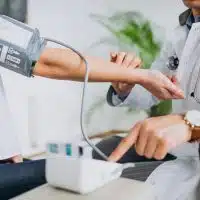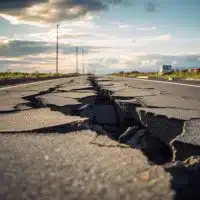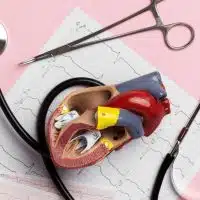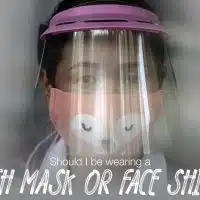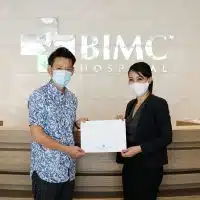Has the world awakened to the dangers of soda and canned fizzy drinks? In the USA, bottled water has now officially surpassed soda as the most-purchased beverage by volume — but is it time to shift our focus to the state of the water we drink?
In Indonesia fizzy drink consumption remains a widespread health concern however a number of new-to-the-market bottled water brands are a signal that preferences for H2o are on the rise. Yet with the copious bottled water companies now in operation, the majority of which are small-to-medium scale operations whose marketing reach tends to be localized, can we trust these drinks are healthy?
The most commonly found hazard found in plastic water bottles is Bisphenol A (BPA), a chemical that big industry uses to stabilize epoxy resins and polycarbonate plastics or hard plastics. It is also used in softer plastics like water bottles to prevent cracking.
What does that have to do with your drinking water? It’s important to know that the plastic used for bottled water often contains BPA. It’s known to enter into the water when exposed to heat, which in turn creates “faux estrogen” or what is also known as bad estrogen. High levels of circulating bad estrogen are recognized as a cause of ovarian, prostate, and breast cancers.
Furthermore, BPA has been found to adversely affect fetuses, infants and children’s brains, and prostate glands. Behavior disorders are also prevalent from BPA contamination leading to hyperactivity and aggression in children.
BPA is used in plastic containers for food, and the linings of cans of infant formula and many food products. Again the problem is the leaching of the chemicals into the food — especially if it is microwaved. When you eat foods from these containers, you’re at risk of being poisoned by this dangerous chemical.
Some say that it is such a small amount that the effects are negligible. But many researchers are now pointing out that the chemicals accumulate and are the reason for such a high concentration of BPA found in umbilical cords and soft tissues in the body. All these small sources add up over time to a large dose that accumulates in the body and can lead to disease.
So how do you stay safe? Well, tough, but the answer is avoid plastic water bottles altogether. Is Bali tap water better than bottled water? You would be surprised to note that it is. Since statistics show 40% of the water in bottled water is from the tap anyway, then you only need to filter it with a quality filtration system if you are truly concerned about BPA.
BPA is also found in other sources. Stay healthy with these suggestions:
- Eat fresh produce. Enjoy your farmers market and pick up some nice fresh foods. You can even freeze them for later use.
- Consider buying foods in glass jars. They are slightly more expensive, but you can reuse the jar for storage. Bonus!
- Look for “non-toxic” on the products you purchase and don’t be afraid to call the manufacturer and ask if the product contains BPA.
- Buy frozen fruit and veggies if you can’t get them fresh.
- Cook from scratch. This way you are avoiding lots of unnecessary processed foods and waste.
- Keep your plastics cool and avoid heating them in the microwave. BPA and other chemicals have been known to leach into foods when heated.
- When purchasing water bottles, use a glass water bottle or stainless steel. Same goes for reusable coffee and tea mugs.
When purchasing toys consider non-toxic wooden toys. If purchasing plastic toys, look for non-toxic/BPA-free.
Health-e reporting with source: Fortune; Euro Monitor; Cancer truths; safe chemicals


